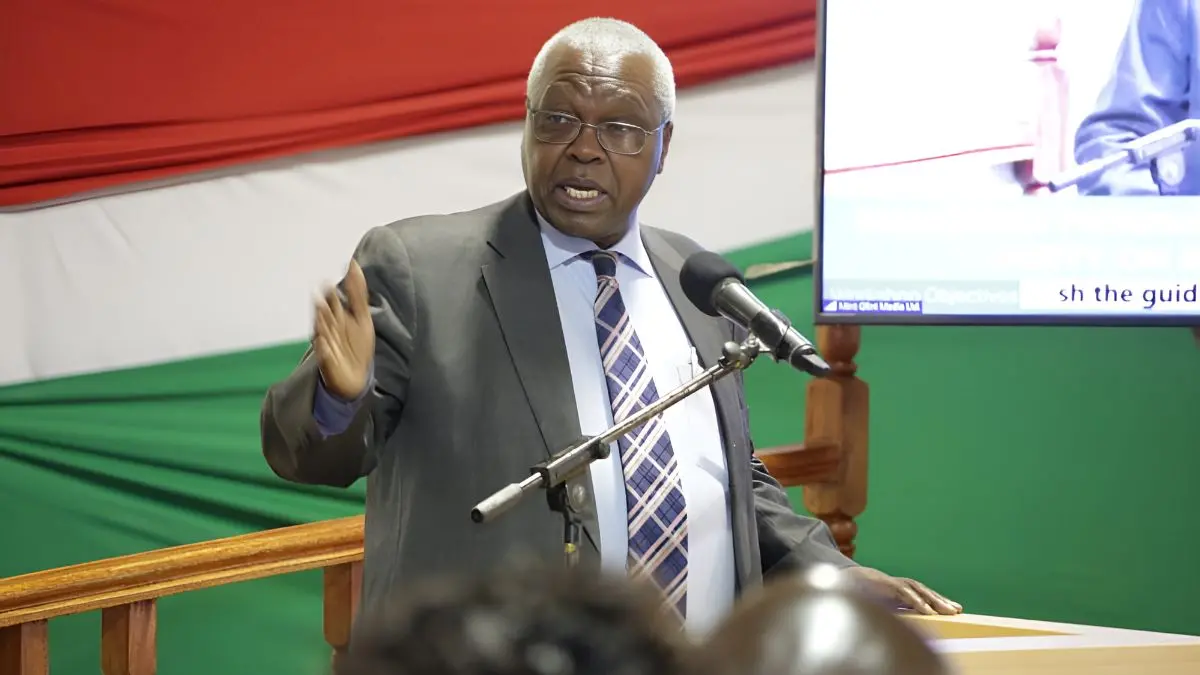Stakeholders Wants Education Departments Merged into a Single Entity
Education stakeholders have proposed a restructuring of the management of the education sector to return to a centralized system under a single Director of Education, similar to the structure immediately post-independence.
This proposal aims to address the fragmentation and inefficiencies that have emerged due to the division of the sector into multiple departments by successive governments.
Stakeholders argue that the current fragmented structure has disrupted the coordination and accountability of the education sector.
The proliferation of departments has led to unprofessional allocation of funds and widespread misappropriation.
This disorganization is largely attributed to political interference, as each new government tends to introduce reforms that prioritize rewarding political allies over enhancing efficiency and effectiveness in education.
The Impact of Political Interference
The scholars warn that frequent political interference has wrought significant negative effects on the education sector.
Most reforms are seen as unprofessional, uncoordinated, and sometimes haphazard. These reforms often fail to improve the sector because they are designed more to serve political interests than to address educational needs.
Follow Teachers Updates Page On Facebook
Former Teachers Service Commission (TSC) Chief Benjamin Sogomo and Professor Peter Kagwanja have been vocal critics of this trend, emphasizing the detrimental impact on the sector’s stability and development.
To address these issues, stakeholders recommend reducing the number of departments and roles within the education sector to maintain an accountable and manageable structure.
By streamlining management, the sector could minimize confusion, reduce overlap, and prevent the draining of funds. Sensitive areas, such as the management and issuance of bursaries, should be consolidated under one or two authorities.
Professor Kagwanja suggests that overseeing bursary funds under the current system of more than 300 segments is overly cumbersome.
Challenges in Bursary Management
The complex management of bursaries is compounded by the involvement of private sector entities like banks, donor agents, individual philanthropists, and commercial firms, each operating independent bursaries.
This decentralization creates additional challenges in ensuring equitable distribution and accountability.
Continued placement of Junior Secondary School (JSS) students in primary schools is a point of concern. Benjamin Sogomo frequently warns that this practice is unfair to students in public institutions, where facilities are often inadequate.
Students in these settings are disadvantaged compared to their peers in private schools, which typically have access to necessary infrastructure, including laboratories.
This disparity underscores the need for reevaluating the placement strategy to ensure equal educational opportunities for all students.
Concerns with Open University of Kenya
There is also concern over the slow progress of the Open University of Kenya (OUK) in expanding access to its courses. Despite being established as a game changer in digital and online learning, the university has yet to fulfill its potential in offering a broad range of courses.
ALSO READ: KUCCPS Reopens TVET Applications for Unplaced Students
Experts believe the OUK should move beyond traditional course offerings to include market-oriented programs that equip school leavers with flexible, marketable skills.
This approach aligns with the goals of Competency-Based Technical Education Training, which emphasizes the need for practical, skill-based learning.
Stakeholders Wants Education Departments Merged into a Single Entity
Follow Teachers Updates on Facebook, LinkedIn, X (Twitter), WhatsApp, Telegram, and Instagram. Get in touch with our editors at [email protected].


Discussion about this post